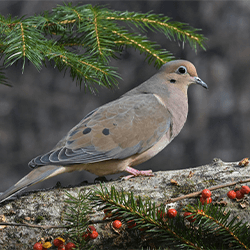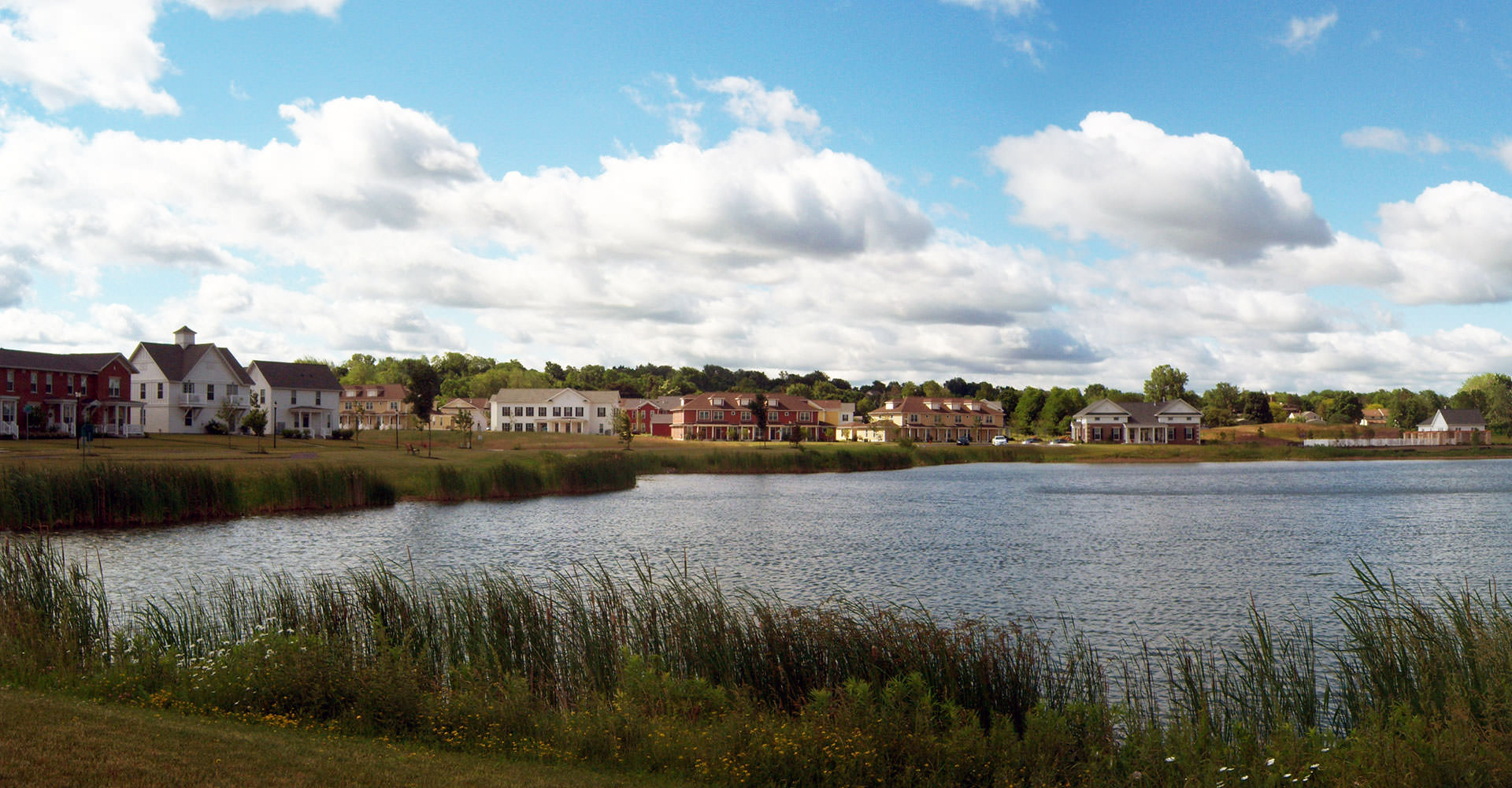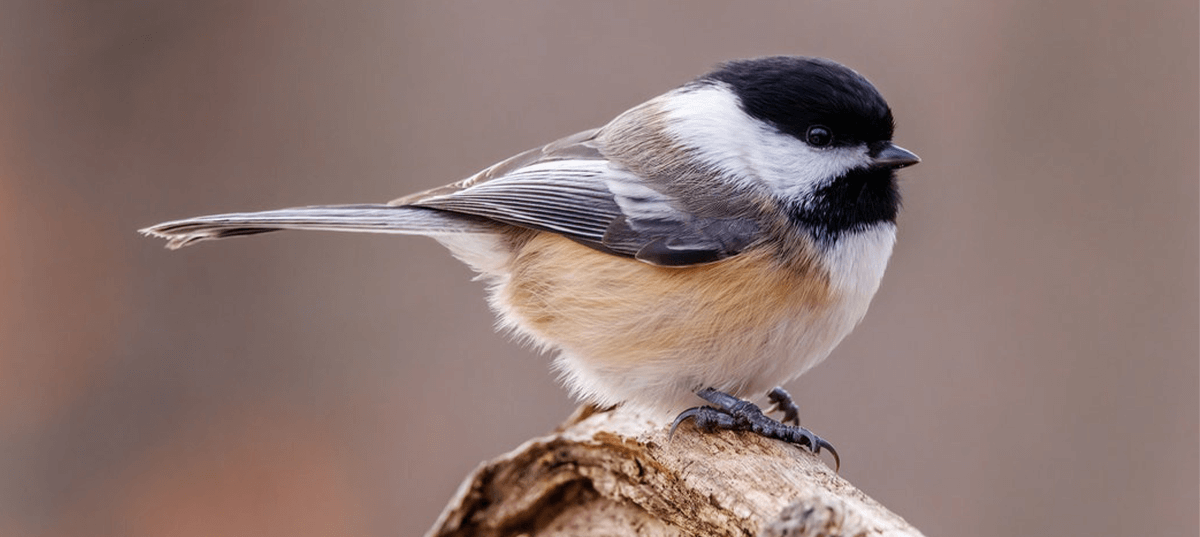Rochester’s Winter Birds
December 2021
There are many area birds that don’t migrate to warmer or more temperate climates for the winter. Most are smaller birds who go through a short-term hibernation state called torpor. During this period, metabolism, body temperature, and heart rate are decreased in order to help conserve energy and maintain body heat during the harsh winter months. If you decide go out for a walk around Erie Station Village this winter, here are some easy-to-identify local birds who tough it out in Rochester.
Northern Cardinal
Cardinals are commonly found in brushy areas next to the edges of woods. Males have bright red feathers with a black face and red bill. Females have reddish-brown feathers and red-orange bill. They have a call that sounds like Teeooo, teeeooo, whoit whoit whoit.
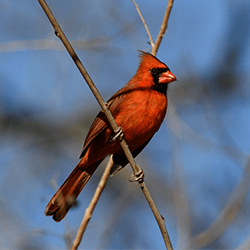
American Tree Sparrow
Found near woodland edges and marshes – like our pond. They have a bicolored bill, white bands on wings and a dark spot on center of chest area. They have a high-pitched, sweet trill that sounds like Swee swee ti sidi see
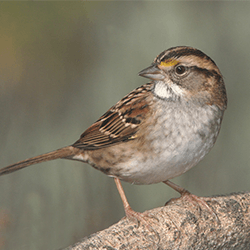
Red-Bellied Woodpecker
Thin black and white bars across the back, a red crown and pink blush on the belly. They have a short tail that they use to prop themselves against tree trunks and hitch their way upwards as the look for food. Their call is a rolling churr.
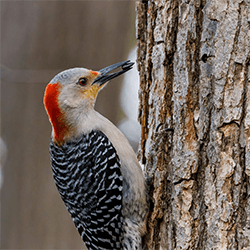
American Goldfinch
They are found throughout the year in grasslands and open spaces. In winter they are a dull tan with yellow throat and black wing markings. They have a small cone-shaped bill. Their call sounds like per-chick-o-ree.
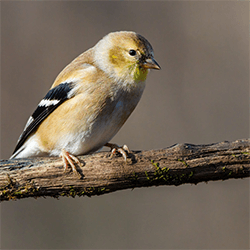
Black-Capped Chickadee
A small and fluffy bird with a distinguishing black cap and throat, and white cheeks. They have three toes facing forward and one toe directed backwards, which allows them to hang on to tree branches. Their distinctive call sounds like chickadee-dee-dee-dee.
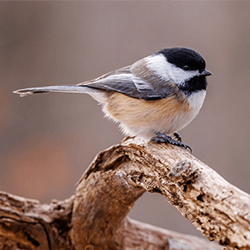
Mourning Dove
One of the largest birds to winter in our area, they are plump and tan or pinkish. They have a small round head and long pointed tail. They are widespread in residential and agricultural lands, as well as open woods. They give a mournful cooing song.
